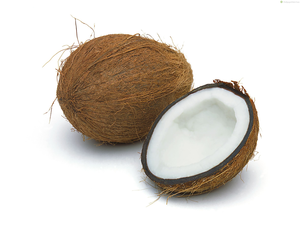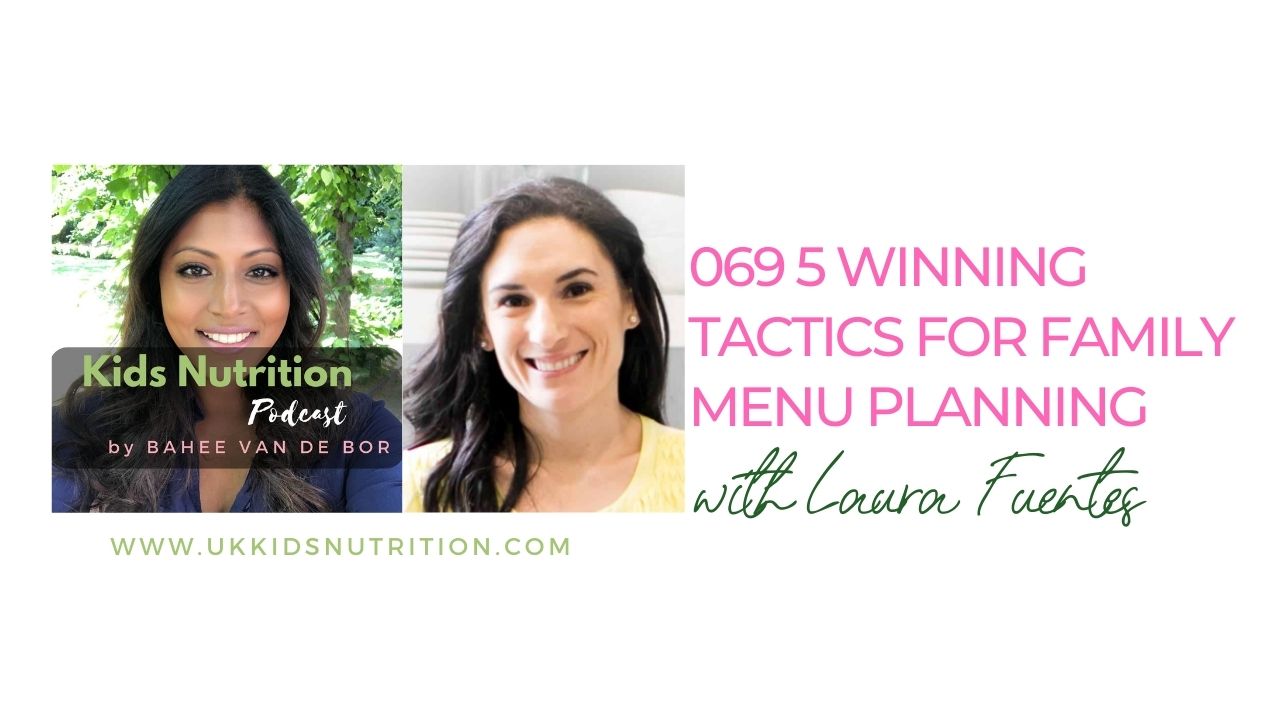How does coconut fit in with your family’s healthy eating plan? Does it truly contain exceptional ingredients for lifelong health? Friend or foe? Magazines boast it’s lush properties for health whilst health professionals may warn you against throwing away your staple vegetable oils for this supposed velvety little wonder.
Do you ever think of trendy diets like the hottest new dress down the runway? Hot and sexy for today, but once worn forgotten tomorrow. Your gorgeous little black dress on the other hand is an essential that you turn to time and time again. It never fails. That’s exactly how you may view coconut fat after reading this article. Intrigued? Good, let’s tease out fact from fiction.
Fact – coconut is high in saturated fat (92% saturated fat)
The traditional advice has been and still is to limit intake of saturated fats. These fats when eaten in large quantities replace your intake of polyunsaturated and monounsaturated fats. The latter are your goodies if you like, the type of fats that protect your risk against heart disease by keeping blood cholesterol levels in check. Drench your family’s diet predominantly with saturated fats and you do risk increasing risk factors for heart disease such as increasing waistlines, being overweight and high total blood cholesterol.
Other foods rich in saturated fats
Sadly coconut is not too far from foods such as skin and visible fat on meat and chicken, butter, deep fried foods, foods prepared with pastry, hard cheeses and double cream.
What does science really say about coconut?
You may have heard that coconut is high in medium chain oils (MCTs) but the truth is, it only contains very small amounts of MCT. Coconut oil is mainly based on lauric acid (C12:0) which has been misleadingly labelled as MCT. Lauric acid is typically 12 carbon atoms long and described by the experts as a long chain fatty acid; not MCT. The accepted definition of MCT in nutritional scientific papers are C8 and C10 therefore coconut fat is not rich in MCTs. A visual give away? True MCTs are liquid at room temperature whilst coconut is completely solid.
Why all the fuss with MCTs?
Good question. MCTs are handled differently by the body compared to short and long chain fats. They are digested rapidly by the body and proclaimed to have positive effects on blood cholesterol and body weight. There are limited evidence to support these claims.
Time to move on
Some studies indicated that coconut fat did not raise blood cholesterol to the same extent as butter but to a greater extent than vegetable oils. Effects are comparable to palm oil. The evidence that coconut is a super food has therefore yet to be confirmed, proven and verified by science.
The great secret
- Vegetable oils such as olive and rapeseed oils that are rich in poly and monounsaturated fats remain superior than oils based on saturated fats.
- By replacing saturated fats with polyunsaturated fats, you can benefit from decreased blood cholesterol concentrations (thus modifying your risk of heart disease).
- There is a possible relationship between intake of saturated fats and diabetes.
What do dietitians recommend?
Dietitians work hard to interpret relevant scientific evidence into practical accurate advice that you can trust. What’s our advice? Coconut fat when used in small quantities are not a problem; but don’t ditch your Canola or olive oil for it. If you want to widen the type of oils that you use in cooking, try avocado, flaxseed, walnut, macadamia, hazelnut, hempseed, or rice bran oils. All great choices.
Tips for using coconut
For recipes calling for coconut milk or creams, use the reduced fat versions or use half the amount required.
For a thick and creamy sauce, try thickening with corn flour.
Coconut water is fat free and can be enjoyed as a drink.
Coconut flours are lower in fat compared to its oil and is also a source of protein and fibre (but higher in fat compared to wheat flour).
Virgin coconut oils are prepared from fresh coconuts without drying and claimed to contain antioxidants in concentrations similar to olive. There are no clinical trials to support these claims. Use in moderation. It’s still a saturated fat.
Coconut oil has a low smoke point and is suitable for shallow pan frying but not for prolonged deep fat frying.
Coconut makes a great base for homemade scrubs.
Remember, nothing beats facts supported by evidence. Coconut may be the latest craze and yes it tastes delicious and is bang-on-trend, but if you are looking for your faithful staple, then stick with your olive and Canola oils. Tried and tested wins every time.




5 thoughts on “Coconut Fat – Friend or Foe?”
Great new article! Thanks for spreading the word!!
Great advice, thanks Bahee!
Thanks for this. I’m always coming across false claims about coconut oil! As you’ve shown there’s no evidence to support these wild claims.
So strange how coconut oil managed to get such a strong health halo! Great post giving the facts. Good tips for using coconuts 🙂
I found myself in the situation where I needed to find more information on how to strengthen my health condition. Thanks for sharing such an amazing information with us..
Keep Posting…